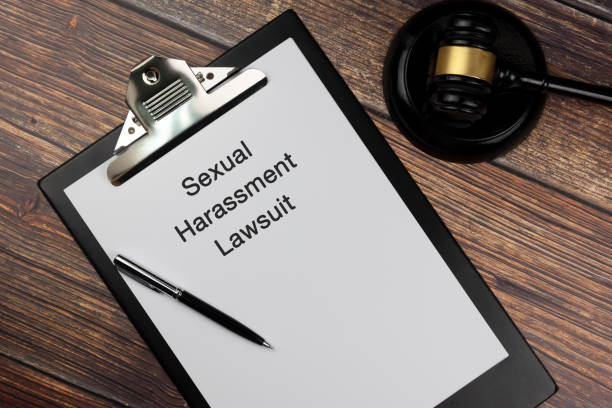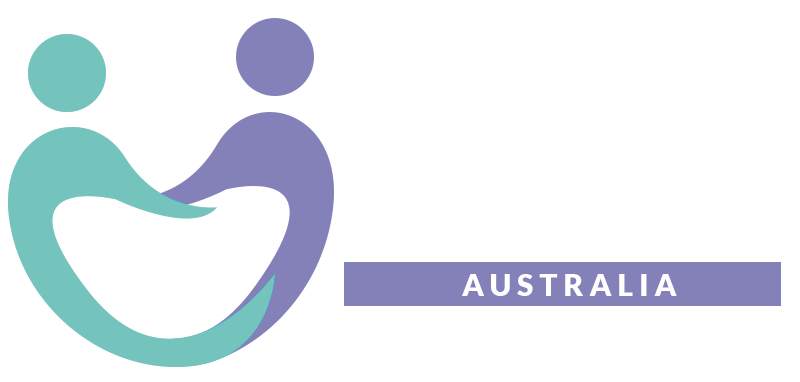The Internet has changed the way we communicate forever, but sometimes it’s not for the best. While there are plenty of upsides to online interaction, including social networking and easy collaboration, there are also downsides, two of which is cyber harassment and cyber bullying. This can be presented in the form of bullying and even sexual harassment.
Cyber harassment includes offensive, threatening, or sexually explicit communications that invade your personal space and compromise your privacy by causing fear or distress. Since you never know when or where an attack of online bullying or harassment might happen, it’s important to understand how to deal with it and stop it before it becomes too much of a problem.
What Is Cyber Harassment?
Cyber harassment, also known as cyberbullying, is a form of online harassment that involves the use of technology to harm or threaten another person. This behaviour can include sending abusive messages, creating embarrassing images or videos of someone, spreading malicious rumours, harassing someone with unwanted sexual advances, and generally targeting someone in a harmful way.
Cyber bullying has become increasingly common among youth and adults alike, with victims feeling helpless and unable to protect themselves from such abuse. Fortunately, there are steps that can be taken to stop cyberbullying and protect oneself from further attacks. We’ll touch on that as we tag along.

Who Are the Typical Harassers?
As we hinted earlier, cyber bullying is a form of cyber harassment, which occurs when a person or group of people use the Internet, social media platforms, or any other form of digital communication to threaten, harass, intimidate, or otherwise harm another individual.
Cyber bullies can be anyone, from a co-worker, an acquaintance, or classmate to a stranger. Common tactics used by cyberbullies include sending hurtful or threatening messages, spreading rumours, and posting embarrassing photos or videos without the victim’s consent.
Unfortunately, cyber bullies often go unpunished due to the anonymity of the Internet, making it difficult for victims to report and stop their harassers. However, there are many ways in which you can act against cyber bullies.
In addition to reporting cyber bullying directly through social media sites like Facebook or Twitter (which are fairly easy), you could also contact law enforcement agencies such as the police department if you feel that your safety has been threatened.
Furthermore, while you may not want to do this alone, contacting someone else who was harassed by your bully can help as well – after all, you have more power together!
Lastly, if none of these methods work for you and you don’t feel safe at home anymore because of your bully’s actions, consider changing schools so that they don’t follow along with you – this might not be the easiest decision. Still, it could offer a sense of relief in time.
What Are the Consequences of Cyber Harassment?
Cyber harassment can have serious consequences, not only for the target but for the aggressor as well. For the target, cyberbullying can lead to a range of psychological issues, including depression, anxiety, low self-esteem, and even suicidal thoughts or behaviour.
Whilst the impact that cyber harassment can have on one’s mental health, it’s known that many victims may also struggle with physical symptoms such as headaches and stomach aches.
Cyberbullying can make it difficult for victims to feel safe and secure in their daily lives, leading to further isolation from peers and family members.
The consequences of cyberbullying can be serious for the aggressor as well. Aggressors can face legal ramifications and criminal charges. Furthermore, their actions may lead to long-term damage to their reputations and relationships.
If you or someone you know is experiencing cyberbullying or harassment online, it’s important to take steps to stop it immediately. Seek help from an adult who can help devise a plan of action. If necessary, contact law enforcement or school authorities. There are also resources available online that can provide additional support.
How To Stop Cyber Harassment
Victims of cyber bullying may feel isolated and powerless, which can lead to depression, anxiety, and even thoughts of suicide. It is important to take steps to prevent cyber bullying before it starts.
Victims Should Take Appropriate Action
To prevent cyber bullying, start by asking the perpetrator to stop. If it’s a colleague and the harassment is persistent despite your efforts to ask the bully to stop, you should consult with your workplace Human Resources department or direct manager. Some workplaces have policies and procedures that protect bullying and harassment online whether during or outside of work hours – so it’s worth understanding if these exist and how they apply to your situation. Bullying claims can be taken to the Fair work Commission
Employers Can Mitigate Online Harassment
For employers, it is also important to create awareness about digital citizenship and what constitutes cyber bullying. Teach employees how to recognize inappropriate behaviour and report it if they see it happening to someone else or experience it themselves.
Encourage your employees and co-workers to be upstanders rather than bystanders—to speak out against cyber bullying and harassment when they see it occurring. This means educating them about their rights to privacy and the importance of standing up for themselves when confronted with cyberbullying or harassment online by a co-worker.
Finally, be sure to ensure all employees have access to learning modules on cyber bullying and harassment including acceptable and unacceptable behaviours between colleagues on social media platforms outside of work.
Stop Cyber Bullying in its Tracks
Cyber bullying can cause significant emotional harm to victims and has even been linked to suicide. It is important to take steps to protect yourself and your family from cyber bullying.
It is also important to communicate openly with your employer about the issue and to create a safe space for people to talk about their experiences. Lastly, contact the appropriate authorities if you are being harassed or bullied online.
If you need support with the options available to take the right steps against fighting for your rights and stopping any form of sexual harassment in its tracks, contact our team at Sexual Harassment Australia.













